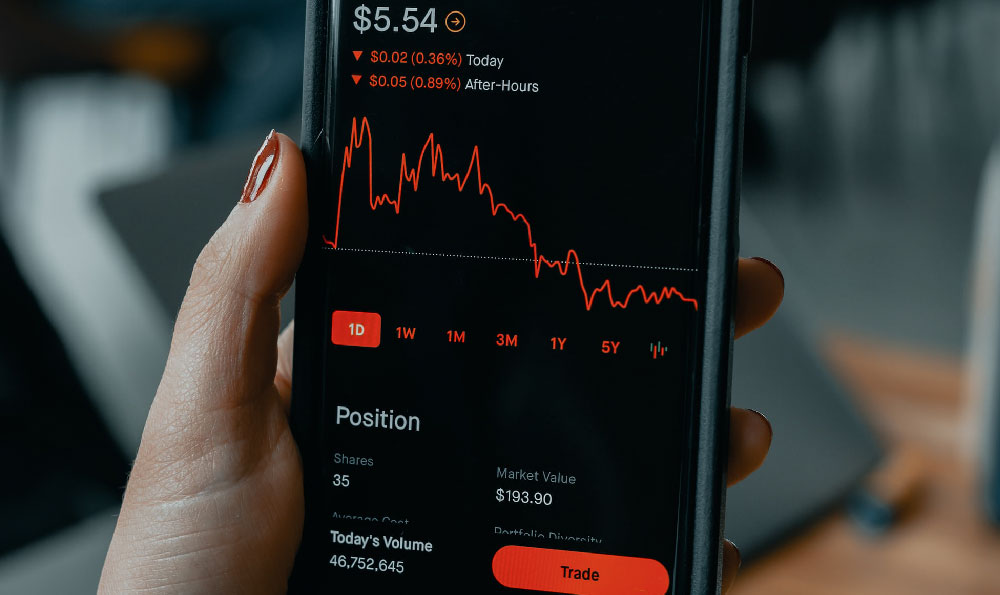Okay, I understand. Here's an article answering the question "How to Sell Stuff on eBay? & How to Make Money Doing It?", keeping in mind your requirements for length, depth, a more narrative style, and the absence of overly simplistic list formats. It is formatted in English.
From Clutter to Cash: Mastering the Art of Selling on eBay
The digital landscape has revolutionized countless aspects of our lives, and commerce is certainly no exception. eBay, a pioneering platform in the world of online auctions and e-commerce, continues to offer a compelling avenue for individuals to declutter their homes and, more importantly, generate income. But merely listing an item isn't enough. Success on eBay requires strategy, understanding the platform’s intricacies, and a commitment to providing a positive customer experience. Let's delve into the art of selling on eBay and discover how to transform unwanted possessions into a lucrative venture.

Before you even think about snapping a picture or writing a description, the first crucial step is identifying what you want to sell. This might seem obvious, but a strategic approach is vital. Don't just assume something has no value; research is key. eBay's completed listings search feature is your best friend here. Search for similar items to what you plan to sell and filter by "sold items." This gives you a realistic picture of the price range you can expect. Factors like condition, rarity, and demand will heavily influence pricing. A vintage toy in its original packaging, for example, will fetch a far higher price than a well-worn one.
Once you’ve identified your items and have a good grasp on their potential value, it's time to create compelling listings. This is where you transform from a casual seller into a savvy entrepreneur. The first thing a potential buyer sees is your photograph, therefore invest time and care in this area. Take clear, well-lit photos from multiple angles. A neutral background is ideal, and highlighting any unique features or flaws is crucial for transparency. Honesty builds trust, and avoiding surprises for the buyer will minimize the risk of returns and negative feedback.
Next comes the description. Avoid vague language and instead be precise. Include the item's condition, dimensions, materials, and any relevant history. Imagine you're answering every question a potential buyer might have. Use keywords that people are likely to search for; think about what terms you would use if you were looking for this item. Spelling and grammar matter; a professionally written description builds confidence. Don't be afraid to highlight the benefits of owning the item – how it can be used, its unique qualities, or its potential investment value. Consider adding relevant category tags to improve search visibility.
Pricing is a delicate balancing act. You want to maximize your profit, but you also need to be competitive. Consider using a "Buy It Now" price, an auction format, or a combination of both. A "Buy It Now" price offers immediate gratification for buyers willing to pay your asking price. An auction can generate excitement and potentially drive up the price if there’s strong interest. Starting an auction at a lower price can attract more bidders, but it's a risk if only a few people are interested. Researching similar sold items will provide a baseline, but remember to factor in shipping costs, eBay fees, and your own profit margin.
Shipping is often overlooked but is a critical component of a successful eBay business. Accurate shipping costs are crucial; underestimate and you'll eat into your profits, overestimate and you'll deter potential buyers. Weigh the item and packaging carefully and use eBay's shipping calculator to get accurate quotes from various carriers. Offering multiple shipping options gives buyers flexibility. Pack your items securely to prevent damage during transit. Consider purchasing shipping insurance, especially for valuable items. Communicate clearly with the buyer about shipping times and provide tracking information promptly.
Providing exceptional customer service is key to building a strong reputation on eBay. Respond to inquiries quickly and politely. Be transparent about any issues or flaws with the item. If a buyer has a problem, address it promptly and professionally. Resolving issues amicably is always preferable to a dispute. Positive feedback is essential for attracting future buyers, so strive to exceed their expectations. Consider sending a thank-you note with the item to add a personal touch.
Now, let's address the "how to make money doing it" part. Beyond simply selling unwanted items, you can strategically turn eBay into a sustainable income source. This requires thinking beyond the one-off sale and developing a business mindset.
Sourcing inventory is crucial. This could involve thrifting, garage sales, estate sales, or even wholesale suppliers. Identifying niches with strong demand and limited competition is a smart strategy. For example, vintage clothing, collectible toys, or niche electronic components often have a dedicated following.
Developing a brand can set you apart from the competition. This involves choosing a unique seller name, creating a consistent visual identity (logo, banner), and establishing a reputation for quality and excellent service. Branding builds trust and encourages repeat business.
Utilizing eBay's marketing tools can boost your visibility. Promoted listings help your items stand out in search results. Consider offering discounts or promotions to attract new customers.
Analyzing your sales data is essential for optimizing your strategy. Track which items sell well, which pricing strategies are most effective, and which shipping methods are most cost-efficient. Use this data to refine your approach and maximize your profits.
Finally, staying up-to-date with eBay's policies and best practices is critical. eBay regularly updates its rules and regulations, and it's essential to stay informed to avoid violations. Learning about search engine optimization (SEO) can also improve your listings' visibility.
Selling on eBay is more than just a way to clear out clutter; it's an opportunity to build a successful online business. By investing time in creating compelling listings, providing excellent customer service, and developing a strategic approach to sourcing and marketing, you can transform unwanted possessions into a profitable venture. The key is to treat it as a business, not just a hobby.












